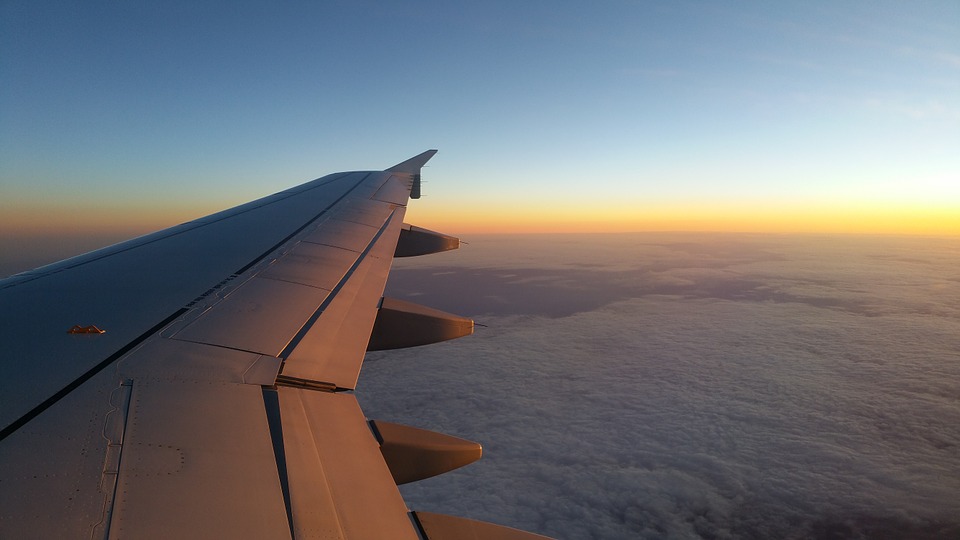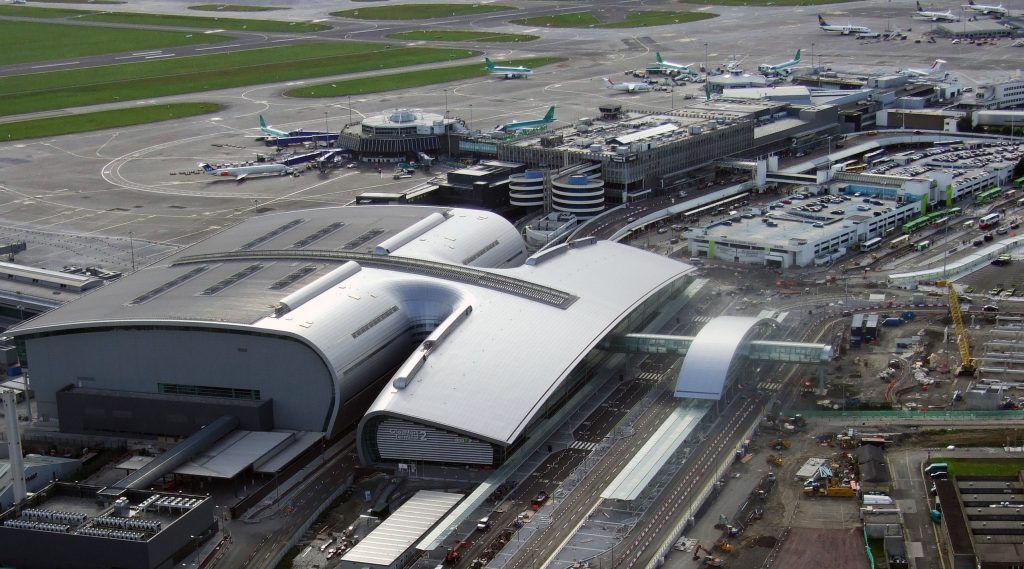Ryanair adverts ‘misleading’ public on flight emissions

February 7th, 2020
Ryanair has been sanctioned by the Advertising Standards Authority (ASA) in the UK for issuing misleading claims to the public on its emissions.
The low-budget airline ran a series of TV and radio ads in the UK that said the company was “low CO2” and that it was Europe’s “lowest emission airline”.
The company argues that it has the lowest carbon emissions of any major as it has the youngest aircraft in Europe, highest seat density and passenger load, and as it also uses the newest and most fuel efficient engines.
The metric it uses to argue that it is the lowest emitter is based on grams of CO2 per passenger per kilometre flown.
The airline, however, has been labelled as the continent’s “worst polluting” airline by environmental NGOs in recent years and was included in a list of Europe’s top ten polluters in 2019.
The ASA said that the claim that it is “Europe’s…Lowest Emissions Airline” is misleading, and that it is concerned that evidence provided was “insufficient to demonstrate that Ryanair was the lowest carbon-emitting airline on the basis of that [CO2 per passenger] metric”. The Authority has now ordered Ryanair to withdraw the misleading claims.
Despite the outcome, Ryanair told The Green News that its current CO2 emissions are 25 per cent lower than other major European airlines and that it is “delighted” with its most recent environmental advertising campaign.
“The single most important thing any consumer can do to halve their carbon footprint is switch to Ryanair,” a company spokesperson added.

Environmental cost of flying
Aviation accounts for 13 per cent of total emissions in the EU and are predicted to rise between one and four per cent per annum in the coming decades. If the region follows as a business-as-usual approach to the industry, aviation could contribute up to 22 per cent of CO2 emissions by 2050.
In addition to CO2, the sector produces pollutants such as particulate matter and as nitrogen oxides that when released at high altitudes, nitrogen oxide impacts the ozone layer’s lining. Soot and water vapour found in aircraft vapour trails are also believed to contribute to the greenhouse effect.
Research also indicates that aviation has a significant impact on air quality and may cause as many as 16,000 premature deaths annually due to exposure to particulate matter. At the same time, jet fuel combustion can also set in motion reactions that destroy methane, a gas estimated to have a warming effect 84 to 87 times greater than that of CO2 over a 20-year period.

Missing regulation
Despite its environmental impact, jet fuel remains exempt from taxation in the EU. Air transport has been essentially exempt for three decades until a 2003 Directive was introduced that allowed fuel to be taxed for domestic aviation, subject to a bilateral agreement among member states.
However, under the Directive, airlines can still avoid tax on commercial fuel and to date no member state has agreed to increase taxation on the sector. Calls for tighter regulation have been growing, but to date, the industry still remains largely free of taxation.
Both the Green Party and People Before Profit (PBP) want to bring in taxes on aviation fuel, with PBP specifically calling for a 33 cent per litre levy on fuel in conjunction with legislation to ban companies from passing the cost on to consumers. This would bring in €900 million per year, the party says.
[x_author title=”About the Author”]







